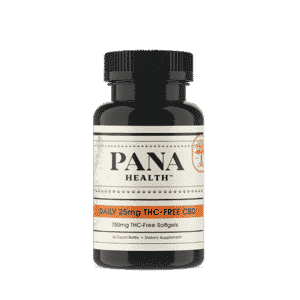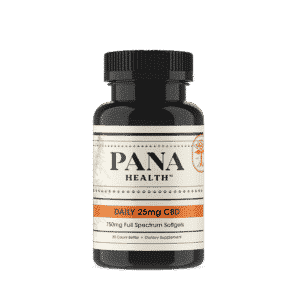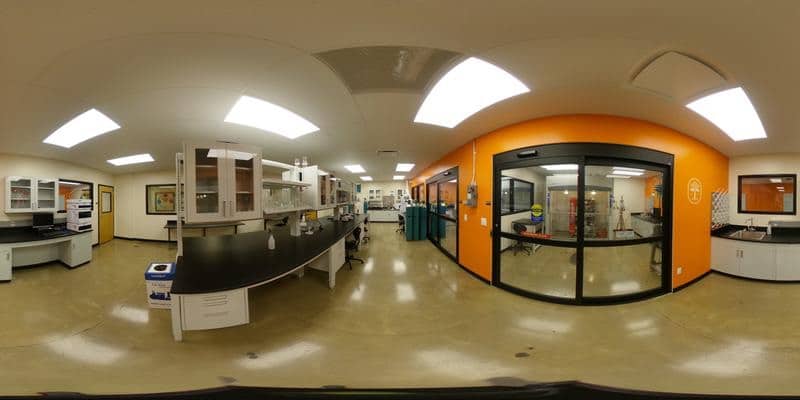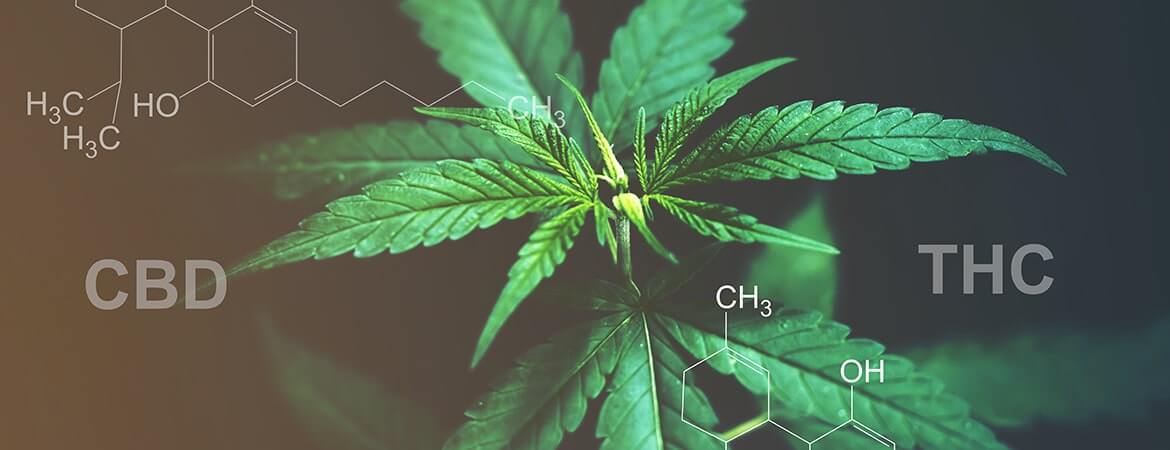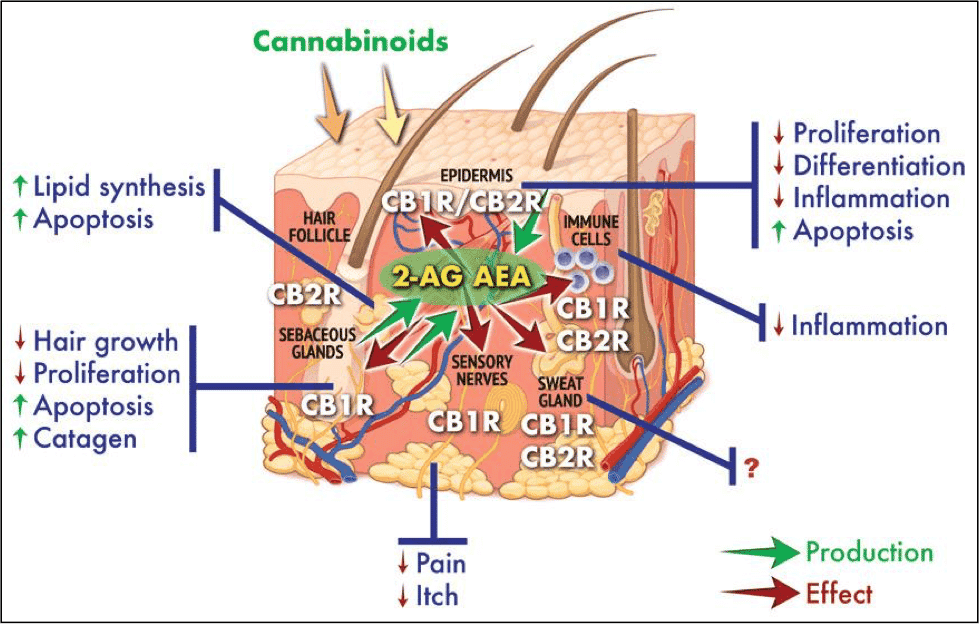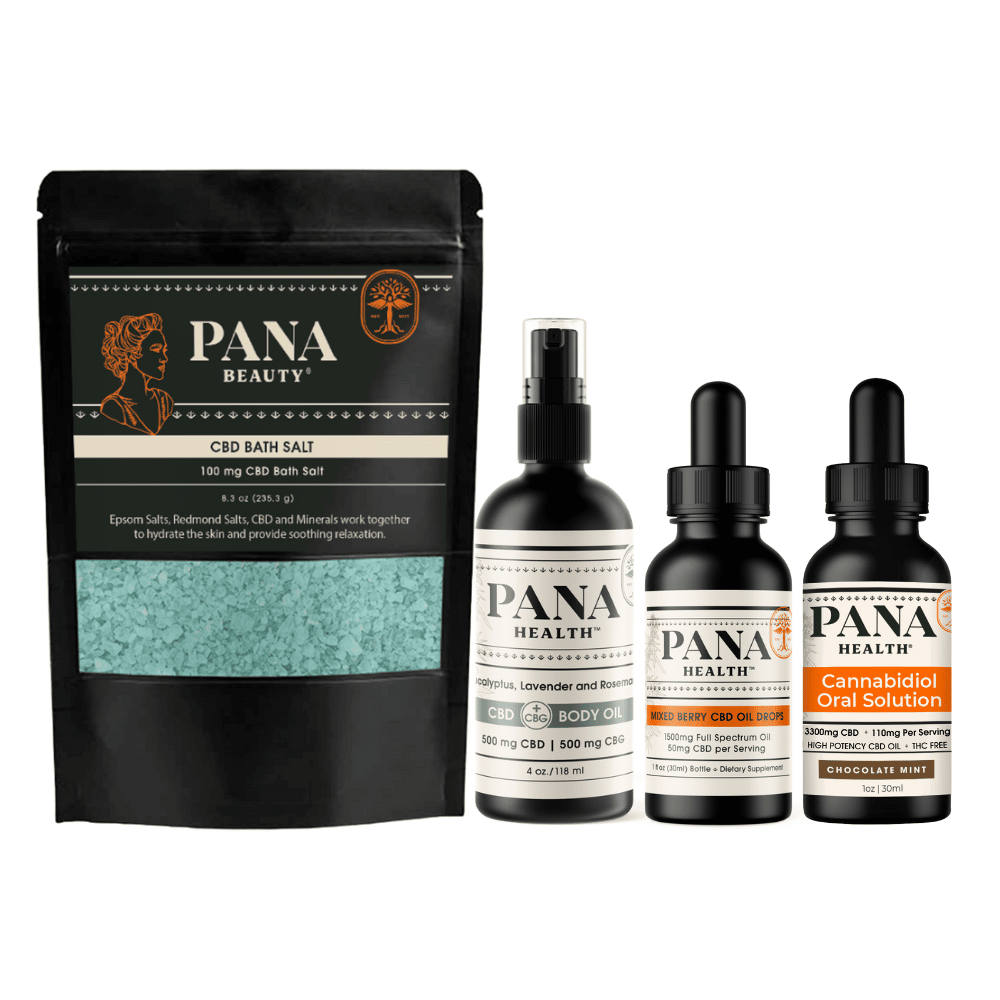If you have an interest in Cannabis, you’ve likely heard a thing or two about Myrcene and its fellow terpenes. You may have even read an article about how the Myrcene in mangoes means the fruit can get you high. Clearly, some of the information out there may not be entirely accurate or even true.
The purpose of this article is to answer a few questions and to clear up some misconceptions about terpenes and their relationship with CBD. Even if you’ve never heard of terpenes or Myrcene, it’s still important to understand what exactly they are what impact they may have. Mainly, you should know if the Myrcene in CBD products could get you high.
Before we answer that question, let’s lay out the basics of Myrcene and the other terpenes.
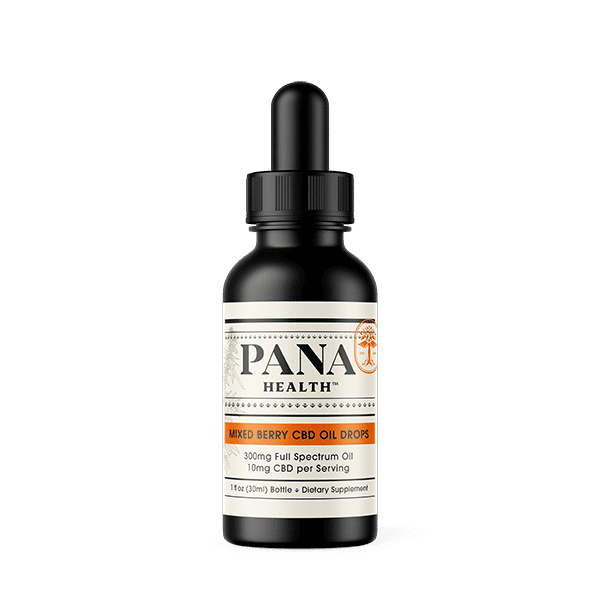
What are Terpenes?
Terpenes are the compounds that give aromatic plants, including Cannabis, distinctive aromas. Lemons, for example, have a concentration of limonene and other terpenes that gives lemons their distinctive smell. Cannabis has a complex mixture of terpenes that will vary from strain to strain. Terpenes are produced in the same organelles in the plants that produce cannabinoids including Cannabidiol (CBD) and Tetrahydrocannabinol (THC). In the production of CBD oil, the terpenes and cannabinoids are often extracted together. When you smell or taste Hemp or Marijuana, it is the terpenes you smell, not the CBD or the THC. There are numerous terpenes that cannabis plants produce such as pinene, humulene, limonene, caryophyllene, and myrcene to name just a few.
Terpenes are found in pretty much all CBD and other Cannabis-based products. Like the aromatic compounds in other fragrant plants, their main effect is on the taste and/or smell of the product. Some terpenes create a fruity flavor (like Limonene), while others are more on the earthy, herbal side (Pinene is one of these). Terpenes tend to be concentrated in Cannabis at different levels, sometimes with other terpenes. These factors vary from strain to strain, which is why some Cannabis strains smell and taste different than others. One terpene may be more dominant in a strain than others, giving it a different flavor than that of a strain with the same terpenes in different concentrations.
Cannabis is not the only family of plant with terpenes. They are found in a wide variety of plants, often herbs and fruit. They can be found in plants that make tea. Their main job is to create a scent and/or flavor that shares information about the plant with the world. In some cases, they’re telling certain animals to stay away, or they’re inviting pollinators to come and do their thing. In some cases, they are doing both.
What is Myrcene?
Myrcene is probably the best-known and the most common of the terpenes. It is found in many strains of Marijuana and Hemp. In fact, Myrcene is found as the dominant terpene in about 40% of Cannabis strains. It is also frequently found in household herbs and produce, including lemongrass, parsley, hops, and mangoes. Myrcene lands on the more earthy side of the flavor spectrum, with an herbal taste and smell.
The Myrcene in mangoes is why you may have heard the college dorm room rumor that mangoes can get you high. Let’s dispel that rumor while we’re on it. Myrcene is non-psychoactive. Since mangoes do not contain any THC or any other psychoactive compound they cannot get you high. The myrcene in the fruit is there to create a mango scent that encourages pollinators to come and pollinate (in case you’re wondering, lemongrass will not get you high either).
Since myrcene is so common, it is in many CBD products. Those products are usually used by those who are seeking health benefits such as supporting health, or helping with exercise induced fatigue. These people aren’t necessarily looking for a high. Therefore, it is reasonable that many may want to know the physiological effects of myrcene.
Will Myrcene in CBD Make Me High?
Now it’s time for the big question, can myrcene get you high?
There are some studies to suggest that certain terpenes can help THC absorb into the body, potentially speeding up the high and maybe even enhancing it. Other studies also propose that terpenes could help trigger one of the body’s receptors that interact with Cannabis, CB-1. This should not be a worry for CBD users, since CBD, unlike THC, does not directly interact with CB-1 or CB-2. Despite these studies, it is still unclear which of the terpenes may create these reactions and by how much.
Some terpenes are suggested to have an impact on the feeling of a high. Myrcene is one of those. It is believed to have a calming effect through pathways and receptors differing from those modulated by the CB-1 and CB-2 receptors. Plants containing myrcene, like lemongrass, have been used widely and are prevalent in herbal, calming teas, like chamomile. Knowing myrcene’s history, the idea of its potential relaxing qualities may not be farfetched. However, one preclinical study exploring myrcene’s biological effects found this compound produced a noticeable relaxing effect only at very high concentrations. There is no evidence to show that myrcene gets you high like THC.
One telling factor is that many of the studies and articles dedicated to this question focus on myrcene and other terpenes’ relationship with THC and not CBD. This is likely because CBD itself produces little to no high. Whatever influence myrcene may or may not have on the body’s ability to absorb and process THC, there is no clear-cut evidence that suggests that myrcene has a strong, obvious psychoactive effect on its own. Since most CBD products have little to no THC in them, it is extremely unlikely that CBD users will get a high from the myrcene in their products.
So, back to our main question, will the myrcene in your CBD lotion, capsule, or edible get you high? Short answer: no, it will not.
Despite what you may have been told by your college roommate, you can eat those mangoes and take your tinctures with ease.
Sources:
https://blog.barleans.com/will-the-myrcene-in-cbd-make-me-high
https://www.leafly.com/news/cannabis-101/terpenes-the-flavors-of-cannabis-aromatherapy
https://www.leafly.com/news/science-tech/myrcene-terpene
https://weedmaps.com/learn/dictionary/myrcene/


